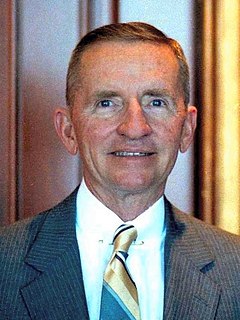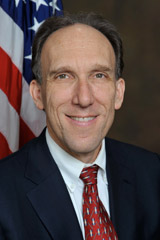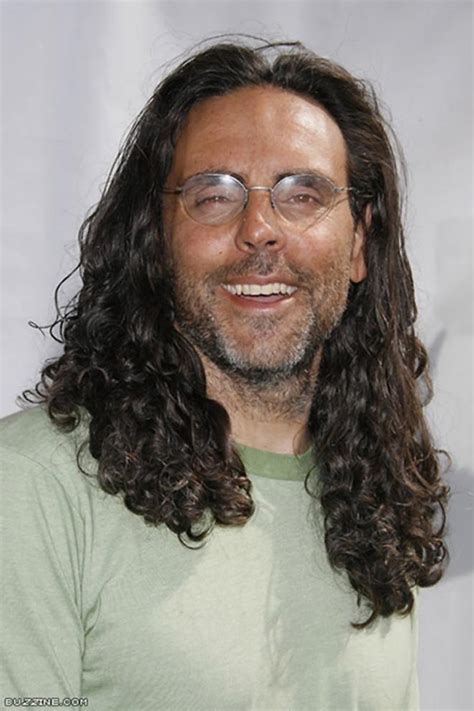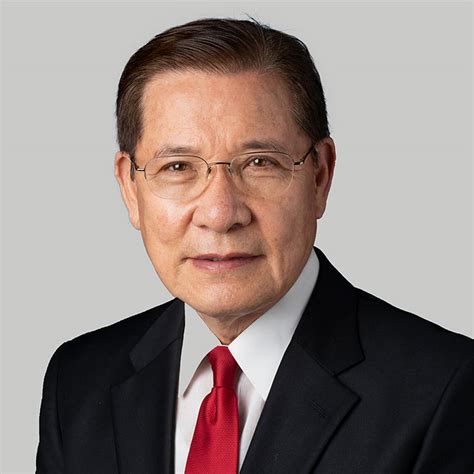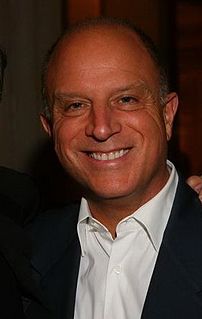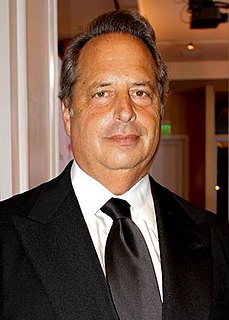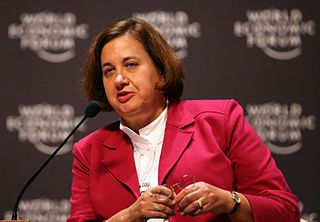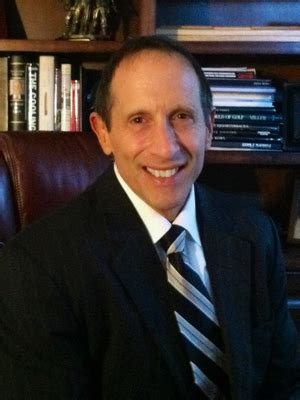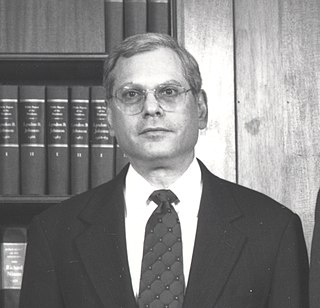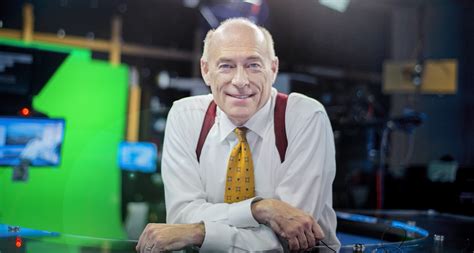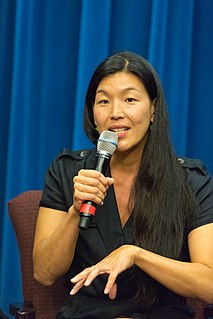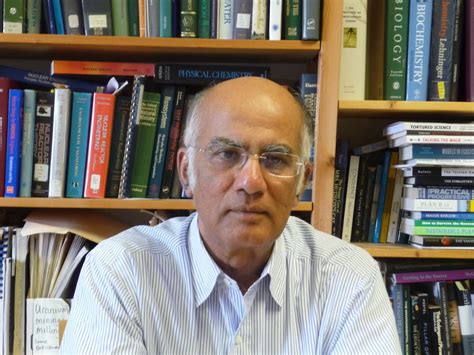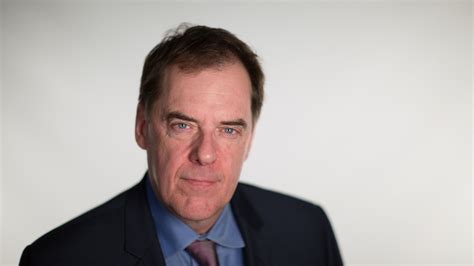Top 1200 Global Economy Quotes & Sayings - Page 18
Explore popular Global Economy quotes.
Last updated on November 17, 2024.
Government intervention in the economy - through taxes, regulation and, most importantly, currency inflation - causes distortions and misallocations of capital that must eventually be unwound. The distortions degrade the general standard of living, and the economy goes into a recession (call that an incomplete cleansing). Or it goes into a depression - wherein the entire sickly structure comes unglued.
I was an advocate of the deregulation movement and I made - along with a lot of other smart people - a fundamental mistake. The financial industry undergirded the entire economy and if it is made riskier by deregulation and collapses in widespread bankruptcies as what happened in 2008, the entire economy freezes because it runs on credit.
The concept of national sovereignty has been an immutable, indeed sacred, principle of international relations. It is a principle which will yield only slowly and reluctantly to the new imperatives of global environmental cooperation. It is simply not feasible for sovereignty to be exercised unilaterally by individual nation states, however powerful. The global community must be assured of environmental security.
From the cranberry cancer scare of the 1950s to the Alar-in-apples hysteria of the 1980s, from the "new ice age" of the 1960s to the "global warming" of the 1990s, environmental alarms almost always turn out to be false. Few non-political scientists fear ozone loss, global warming, or acid rain. These are just issues that some people hope to use to reorder the lives of the rest of us.
In 1990, about 1 percent of American corporate profits were taken in tax havens like the Cayman Islands. By 2002, it was up to 17 percent, and it'll be up to 20-25 percent very quickly. It's a major problem. Fundamentally, we have a tax system designed for a national, industrial, wage economy, which is what we had in the early 1900s. We now live in a global, asset-based, services world. And we need to have a tax system that follows the economic order or it's going to interfere with economic growth, it's going to reduce people's incomes, and it's going to damage the US.
Our own economy tells us to take as much as we can get, right? Our own economy says, you're going to be the most successful graduate if you go into the business world and take as much you can get. That's not how nature works. Nature has a much simpler economy. Everything in nature takes what it needs. That's it. You don't see an oak tree gathering up all the resources. An oak tree takes what it needs to be the authentic oak tree it is.
The economy has settled into a sustainable, self-reinforcing growth path, .. All major categories of the economy have contributed to economic growth. Now that businesses have begun to add to payrolls, the current expansion is self-reinforcing. Only external shocks, such as terrorist attacks or a surge in oil prices, could derail the recovery.
Diversity is a survival factor for the community itself. A community of a hundred million species can survive anything short of total global catastrophe. Within that hundred million will be thousands that could survive a global temperature drop of twenty degrees—which would be a lot more devastating than it sounds. Within that hundred million will be thousands that could survive a global temperature rise of twenty degrees. But a community of a hundred species or a thousand species has almost no survival value at all.
My attempt is to try to broaden the base of the Republican Party, to try to bring in people that can agree and that can disagree on that, because I think the issues that we face about terrorism, about our economy, about the growth of our economy are so important that we have to have the biggest outreach possible.
To me, it really seems visible today that ethics is not something exterior to the economy, which, as technical matter, could function on its own; rather, ethics is an interior principle of the economy itself, which cannot function if it does not take account of the human values of solidarity and reciprocal responsibility.
Many people have the impression that there is significant scientific disagreement about global climate change. It's time to lay that misapprehension to rest. There is a scientific consensus on the fact that Earth's climate is heating up and human activities are part of the reason. We need to stop repeating nonsense about the uncertainty of global warming and start talking seriously about the right approach to address it.
Producing and distributing premium TV entertainment content is more 'global' now than at any point in the history of the business. World Screen does an excellent job in following the news, trends and key players. It's a must-read for those in the business of global TV and brings us that much closer to prospective buyers and distributors of our premium content.
I've always believed that immigration reform is important, but it won't decide the White House in 2016. The most important issue for Hispanics - just like with all Americans - is the economy. If Republicans can do a better job of articulating positive, conservative policies to grow our economy, we will do better with Hispanics.
The whole - it's the economy's bad. It's bad for everybody. I have my own comedy club. I opened it three years ago in a horrible economy. I created jobs. And we just started breaking even after a year and a half, barely. For that entire time, I have had to pay the difference of what we owe in rent and taxes and everything out of my own pocket.
Science is not sacrosanct. The mere fact that it exists, is admired, has results is not sufficient for making it a measure of excellence. Modern science arose from global objections against earlier views and rationalism itself, the idea that there are general rules and standards for conducting our affairs, affairs of knowledge included, arose from global objections to common sense.
I don't mean to imply that we are in imminent danger of being wiped off the face of the earth - at least, not on account of global warming. But climate change does confront us with profound new realities. We face these new realities as a nation, as members of the world community, as consumers, as producers, and as investors. And unless we do a better job of adjusting to these new realities, we will pay a heavy price. We may not suffer the fate of the dinosaurs. But there will be a toll on our environment and on our economy, and the toll will rise higher with each new generation.
One of the things I think we have to do is make sure that college is affordable for every young person in America. And I also think that we're going to have to rebuild our infrastructure, which is falling behind, our roads, our bridges, but also broadband lines that reach into rural communities. So there are some things that we've got to do structurally to make sure that we can compete in this global economy. We can't shortchange those things. We've got to eliminate programs that don't work, and we've got to make sure that the programs that we do have are more efficient and cost less.
China's accumulation of reserves is a result of the IMF's mismanagement of the Asian financial crisis a decade or so ago. If countries know they can't rely on the IMF to help them, their best defense is their own reserve cushion. In a time of spreading global recession, too much emphasis on savings in surplus countries like China can impede prospects for global growth.
The world's forests need to be seen for what they are - giant global utilities, providing essential public services to humanity on a vast scale. They store carbon, which is lost to the atmosphere when they burn, increasing global warming. The life they support cleans the atmosphere of pollutants and feeds it with moisture. They act as a natural thermostat, helping to regulate our climate and sustain the lives of 1.4 billion of the poorest people on this Earth.
I know many of you are hurting and angry about the economy, and I don't blame you. It's the worst economy since the Great Depression. When consumers can't buy and businesses won't expand for lack of customers, the government has to be the purchaser and employer of last resort. We learned that in the Great Depression, but Republicans obviously didn't - and they've blocked every jobs program I've offered.
As more and more people are automated out of the economy through robotics and self-driving cars and other technologies, there will be a way to create value for other human beings online. There will be a virtual economy for exchanging value, goods and services, entertainment experiences, and all that.
CO2 cannot cause global warming. I'll tell you why. It doesn't mix well with the atmosphere, for one. For two, its specific gravity is 1 1/2 times that of the rest of the atmosphere. It heats and cools much quicker. Its radiative processes are much different. So it cannot - it literally cannot cause global warming.
I think most people, when they take a look at the candidates and the positions of the candidates, realize that protecting this country and keeping this economy going are the two most important issues. And you can't protect the country if you retreat from overseas, and you can't keep the economy growing if you raise taxes. And that's exactly what the Democrats in the House would like to do.
I do normal kind of contributions, particularly for people who are going over to Africa and help highlighting global health, and that's tended to be pretty bipartisan in nature because of the coalition there exists fortunately around these global health issues. But I don't think my backing, putting a lot of money into political contributions is a way I'm going to try and help improve the world.
I was not part of the golden age of the record industry, when musicians and producers were making real money. So I have no nostalgia about that time and I enjoy trying to build a new economy, a more humble one. And since I expect to sell only niche music, I feel quite solid, in this little economy. I know we will not become rich with this, but this is not the goal.
We can tell the general public that the gold and foreign currency reserves of the Central Bank are not designed to finance the economy, but rather to ensure foreign trade turnover. Therefore, we need this level to be able to provide the necessary foreign trade turnover for such an economy as Russia's for a period of at least three months.
The notion that big business and big labor and big government can sit down around a table somewhere and work out the direction of the American economy is at complete variance with the reality of where the American economy is headed. I mean, it's like dinosaurs gathering to talk about the evolution of a new generation of mammals.
Institutionalized rejection of differences is an absolute necessity in a profit economy which needs outsiders as surplus people. As members of such an economy, we have all been programmed to respond to the human differences between us with fear and loathing and to handle that difference in one of three ways: ignore it, and if that is not possible, copy it if we think it is dominant, or destroy it if we think it is subordinate.
I'm not against international institutions that would try to tackle global warming. But the way to go, at least in the short run, is to go to nuclear power. It's amazing to me that people who are so alarmed about global warming are so reluctant to adopt the obvious short-term solution - the bridge until the day when we have affordable renewable energy - of nuclear power.
I think Britain can be one of the great success stories of the 21st century - we've got the talent, the drive, the connections around the world. But if we vote to Leave, then we lose control. We lose control of our economy, and if you lose control of your economy you lose control of everything. That's not a price worth paying.
They'll [China] probably be a fully developed nation. The road there just is not going to be that easy. You're going from a macromanaged, top-down economy to a market-managed, micromanaged type of economy, with all the potential corruption issues, SOE [state-owned enterprise] reform, and market reform that come with it.
Now, here's a good question: should serious people focus on global political instability - terrorism, failing states, nuclear weapons - or should we focus on global climate instability - droughts, floods, extreme weather? Here's the correct answer: yes, both, because climate disruption will make every other national security problem worse.
I'm convinced that after years of studying the phenomenon, global warming is not the real issue of temperature. That is the issue of a new ideology or a new religion. A religion of climate change or a religion of global warming. This is a religion which tells us that the people are responsible for the current, very small increase in temperatures. And they should be punished.
Historically, the United States has had a wonderful energy policy. We're blessed with a diversity of resources. We have oil. We have gas. We have coal. We have nuclear. And renewables. And as a result, one of our biggest competitive advantages has been affordable energy. You need a strong economy and you need affordable energy to fuel that economy.
Nuclear power as a solution to global warming is theoretically possible, but the proliferation problems and accident risks it would create would, I think, be intolerable because you have to build an immense number of nuclear power plants, one large plant a week around the world for the next 40 years, to make a significant dent in the global warming problem.
As the country continues to dissect the recent natural disaster, we might want to start considering what about the disaster wasn't actually 'natural' at all. ... Human activity, the burning of fossil fuels, is causing global warming. Global warming is causing the oceans to warm. Warm oceans are steroids for storms.
In general, presidents and congressmen have very limited power to do good for the economy and awesome power to do bad. The best good thing that politicians can do for the economy is to stop doing bad. In part, this can be achieved through reducing taxes and economic regulation, and staying out of our lives.
Higher education isn't just a personal investment. It's a public good that pays off in a more competitive workforce and better-informed and engaged citizens. Every year, we spend nearly $100 billion on corporate welfare, and more than $500 billion on defense spending. Surely ensuring the next generation can compete in the global economy is at least as important as subsidies for big business and military adventures around the globe. In fact, I think we can and must go further - not just making public higher education tuition-free, but reinventing education in America as we know it.
Our top plank really is a Green New Deal to transform our economy to a green economy, 100 percent wind, water and sun by the year 2030 - we can do it; this is an emergency, and we must do it - but to use that as an opportunity to put America back to work, to renew our infrastructure, and to basically assure that everyone has a job.

